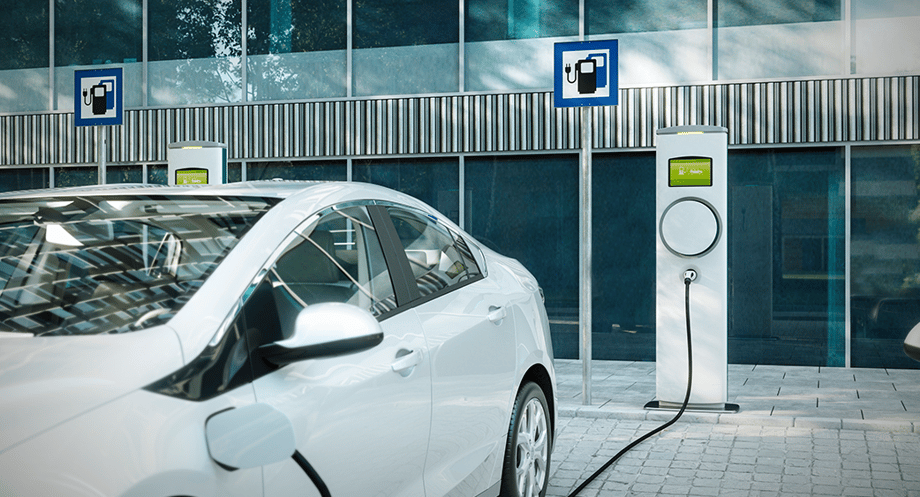
The U.S. government’s federal infrastructure bill proposes change for the way Americans move. Let’s examine how the bill will influence the EV industry.
The electric vehicle (EV) market is growing at an accelerated pace, leading to significant investment in the infrastructure supporting charging stations across America.
Statista estimates the global electric vehicle market is expected to reach a value of $1 trillion by 2026, at a compound annual growth rate (CAGR) of 23.06% between 2021-2026. The surge is impressive when contrasted against a $260 million market value in 2020, and reflects a consumer shift away from fossil-fuel-powered automobiles and toward sustainable transportation.
President Joe Biden’s Bipartisan Infrastructure and Jobs Act, signed in November of 2021, outlines a $550 billion investment into federal initiatives. These programs aim to reduce America’s carbon footprint and build the necessary foundation for an EV-dominant future.
When will work get started?
According to a report published by CNN, roughly a fifth of the total investment is to be utilized in 2022 for a variety of initiatives, including a commitment to increasing the number of EV charging stations across the country. The Departments of Transportation and Energy opened a formal funding program designed to create the proposed network of charging stations, with $615 million available this year and an additional $5 billion to be distributed by 2027.
The National Electric Vehicle Infrastructure (NEVI) Formula Program is set to implement stations across what is being billed as Alternative Fuel Corridors, roads and highways located alongside cities and towns. A significant portion of the funding will be utilized to ensure rural roads and communities are sufficiently equipped to support rising EV sales and popularity.
What the Act means for American jobs
The construction and distribution of efforts such as the NEVI program have afforded a surge of employment opportunities for participating workers. As detailed by CNN, even the promise of $100 billion dedicated towards workforce development programs isn’t relieving infrastructure worker shortages.
The small-scale workforce measures included in President Biden's Act do not cover many of the high-level apprenticeships and training needed to coordinate complicated initiatives.
A separate bill, Biden’s Build Back Better Act, is aiming to combat education shortages by pledging $40 billion in workforce development. The bill is currently making its way through Congress and will support the estimated 62,000 job-years a state the size of California could create over the next decade. Extrapolated across the country, employment opportunities for Americans could number in the millions between the installation, support and continued maintenance of a national charging infrastructure.
The long-term environmental impact
The most important impact of the federal infrastructure bill is the commitment to reducing U.S. emissions by 50-52% from 2005 levels by 2030. The Act also aims to create a 100% carbon pollution-free power sector by 2035, and achieve a net-zero economy by 2050.
This push toward a clean-energy economy will combat climate change, advance environmental justice and employ thousands — if not millions — of Americans. The implementation of 100,000 EV charging stations across the country will service a nation of sustainably responsible drivers, while bolstering the already-healthy EV market.
To learn more about the benefits of switching to an EV and the ease with which it can be charged, explore our products and services or contact us today.

